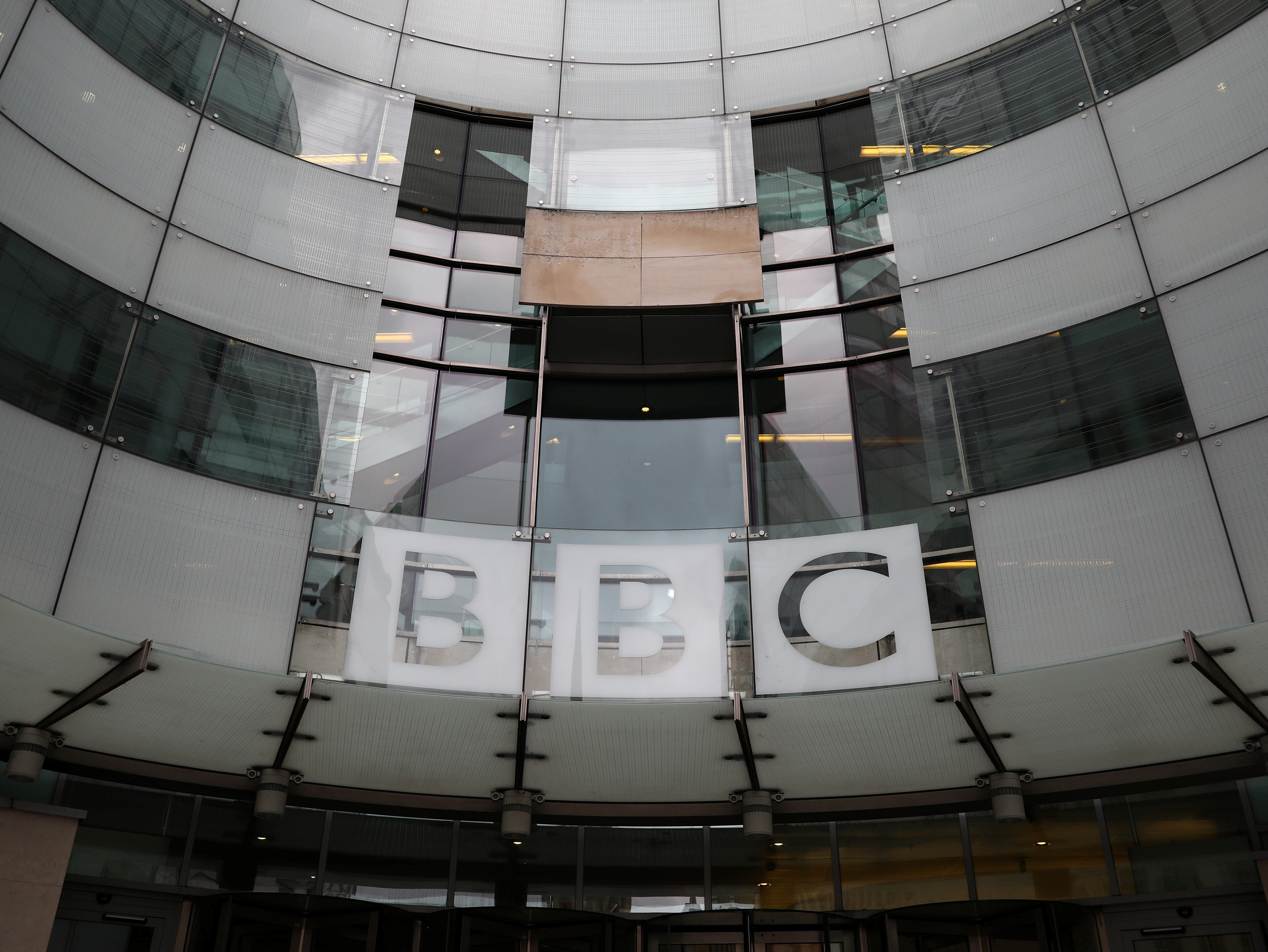
The total number of staff employed by the BBC has fallen by just 2% – fewer than 500 people – in ten years, despite repeated cutbacks aimed at reducing the corporation’s headcount over this period.
Analysis by Press Gazette found that in 2009 the BBC had a total of 22,874 staff across the whole organisation, which in 2019 – the latest full-year accounts available – had fallen to 22,401 staff.
A look at the past decade of BBC annual reports shows the corporation engaged in constant drives to cut back on staff numbers, while at the same time investing in new roles to future proof its output.
The BBC has paid out more than £500m in severance pay and restructuring costs in the last decade, with redundancies running into the thousands.
In its annual report for 2008/09, the corporation said it was planning to reduce staff headcount by 10%, or 1,800 posts, over the following four years (having already cut as many roles between 2005 and 2008).
Jump to 2017 and the conclusion of two BBC savings drives resulted in more than 2,600 role closures and more than £750m in savings.
“Whilst reductions in headcount have been made, there is a continued requirement to invest and recruit in different skill types to build the BBC of the future,” the corporation said in its annual report for 2016/17.
That year it recruited 179 roles within World Service News following £289m in Government funding to expand the service into 12 new languages, with “significant recruitment” still continuing into 2019.
In the table below, severance pay is included in restructuring costs until 2014, when it is broken down as a separate figure.
| Year | Total staff | Restructuring costs | Severance pay |
| 2009 | 22,874 | £40.3m | – |
| 2010 | Not published | £61.9m | – |
| 2011 | 22,899 | £63.3m | – |
| 2012 | 21,940 | £103m | – |
| 2013 | 21,282 | £43.7m | – |
| 2014 | 20,736 | £16.5m | £25.6m |
| 2015 | 21,404 | £11.1m | £18m |
| 2016 | 21,265 | £21m | £25.9m |
| 2017 | 21,271 | £50m | £33m |
| 2018 | 21,583 | £14m | £36.9m |
| 2019 | 22,401 | £25m | £17.8m |
Within its public service broadcasting division, which is funded by the TV licence fee and houses the majority of it staff, the BBC has seen headcount fall by 12% from 2009 to 2019.
However, in 2019 it employed over 1,000 more staff in this division than it did the year before, with total group headcount growing by 5%.
The BBC cut 191 roles in 2018/19, but it also created 1,161 new roles, including 416 in World Service News and 302 in the nations and regions following major investment in output and the launch of BBC Scotland.
Group staff costs have increased over the last ten years by 14.5%, according to Press Gazette analysis, growing by £188m to £1.48bn in 2019.
A BBC spokesperson said: “As ever, our staffing numbers and redundancy figures don’t tell the full story here.
“During this time, the Government awarded the BBC a grant as part of the biggest expansion of the World Service since the 1940s, we launched the BBC Scotland channel and developed our digital services, all of which could not have happened without taking on staff according to our changing business needs.
“We have also taken a value for money approach to contracts by bringing resources and some teams in-house whilst reducing the number of back office and support roles.
“As such, an independent report by Ernst & Young found the BBC among the most efficient 25% regulated and non-profit organisations in the UK.
“The continued need for savings, compounded by the coronavirus pandemic, means we have recently launched a voluntary redundancy programme for all public service staff and announced a number of job closures across the organisation.”
The corporation’s latest round of redundancies will cut 520 jobs from the 6,000-strong news department. This is alongside a further 450 job cuts in the English regions.
The BBC faces a £125m loss of income due to the coronavirus crisis on top of £80m in savings it already had to find.
The BBC reported earlier this year that the news department’s budget after the cuts would be around £480m a year.
The BBC has made £600m of annual recurring savings in the last three years. It made £1.6bn in annual savings over the last Charter period, most of which came from improving efficiency.
Roughly 5% of the BBC’s controllable spend this year went on running the organisation, with the rest focused on content delivery.
Picture: Reuters/Neil Hall
Email pged@pressgazette.co.uk to point out mistakes, provide story tips or send in a letter for publication on our "Letters Page" blog
